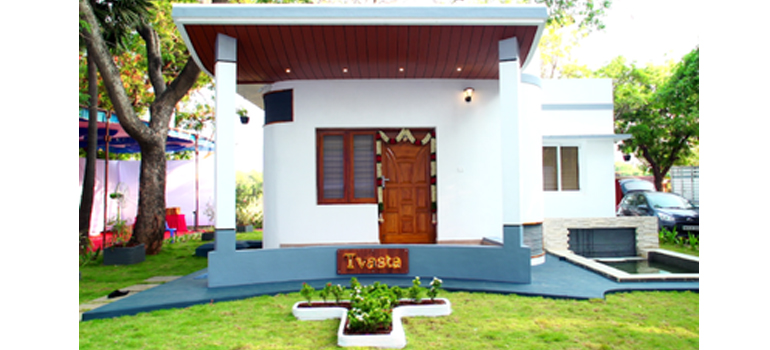
Habitat for Humanity International through its Shelter Venture Fund invested Rs 30 million ($411,000) in Tvasta Manufacturing Solutions to increase production of affordable 3D printed homes in India. Hestia Partners and Capnetic Investments joined Habitat in investing in the construction technology startup.
Tvasta is an IIT-Madras incubate, started in the 3D printed home segment. As the 3D printed construction market grows, startups and nonprofits alike are beginning to leverage advances in concrete 3D printing technology to address the affordable housing crisis.
“The pandemic has only exacerbated the affordable housing crisis, with rising demand as well as material costs. Through the Shelter Venture Fund, Habitat is helping ensure that the most promising, disruptive technologies achieve scale, expanding affordable housing markets to reach more low-income families in need of reliable housing,” said Patrick Kelley, vice president of Habitat’s Terwilliger Center for Innovation in Shelter.
Habitat’s investment in Tvasta builds on a multi-year collaboration, beginning when the company was one of seven startups to participate in Habitat’s ShelterTech India accelerator program in 2018. ShelterTech accelerators bridge the gap between housing innovation and real-world impact.
According to UN-Habitat, an estimated 1.6 billion people lack adequate housing today, with global demand for affordable housing growing by 4000 units every hour. In order to reach more low-income households, Tvasta is working with the Government of India through its “Pradhan Mantri Awas Yojana” (Housing for All) initiative, which aims to build 20 million urban and rural homes for low-income families by 2022.
Habitat’s Terwilliger Center for Innovation in Shelter launched the Shelter Venture Fund in 2017 to invest in shelter entrepreneurs operating in the pioneer gap – where early-stage companies are often considered too new or too risky for conventional venture capital firms. The intent is to accelerate those entrepreneurs’ pathways to reaching low-income families with products and services that improve their housing conditions. To date, the Shelter Venture Fund has invested a total of $3 million in 11 startups with disruptive and innovative products and services.
Original News Link
https://www.business-standard.com/article/companies/3d-printed-construction-startup-tvasta-receives-rs-3-cr-investment-121102101186_1.html